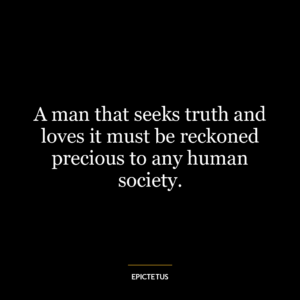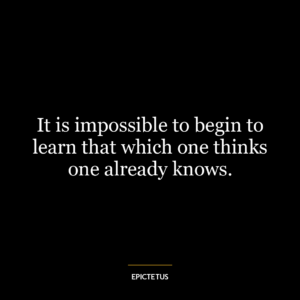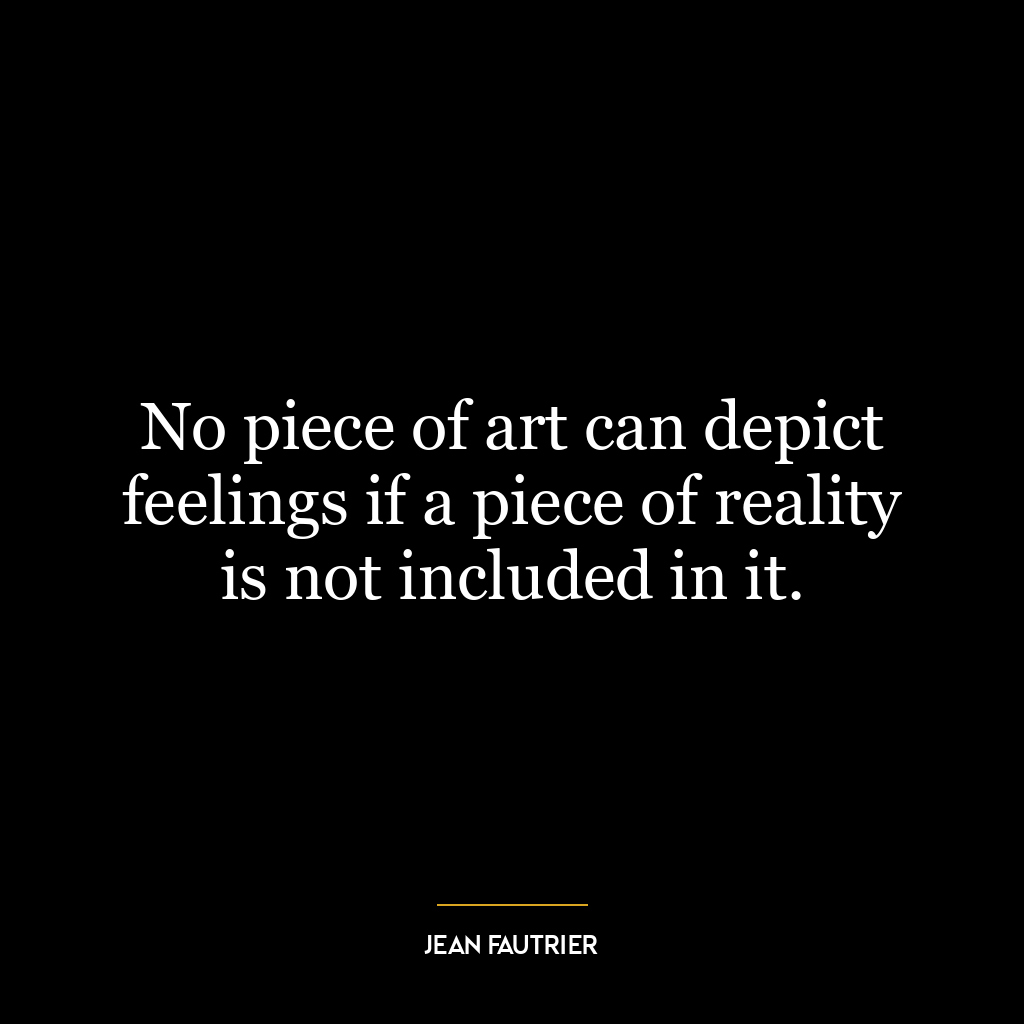This quote suggests that our perception of events, situations, or objects – not the events, situations, or objects themselves – is what causes us distress or discomfort. It’s not the actual circumstances that cause us to feel a certain way, but rather our interpretation of these circumstances. This is a cornerstone concept in cognitive psychology: our thoughts influence our emotions, and thus our reactions.
Let’s take a simple example. Imagine it starts to rain while you’re out for a walk. The rain is simply a natural occurrence, a thing in itself. It’s neither good nor bad. However, if you believe that rain ruins your plans, you’ll likely feel upset or frustrated. Conversely, if you love the rain, you might feel joy or peace. The rain hasn’t changed; only your perception of it has.
In today’s world, this concept is highly relevant. With the constant influx of information from social media, news outlets, and other sources, it’s easy to become overwhelmed or stressed. However, if we can shift our perspective and change our opinions about the information we receive, we can better manage our emotional reactions. For example, instead of viewing a news story about a natural disaster as a source of anxiety, we could see it as a call to action to help those affected.
In terms of personal development, this idea encourages us to take control of our thoughts and perceptions. By recognizing that our opinions – not external events – are the source of our feelings, we can work to change these opinions and thus improve our emotional wellbeing. This might involve reframing negative thoughts, practicing mindfulness, or seeking therapy to better understand and change our thought patterns. Ultimately, it’s about realizing that we have the power to shape our own experiences.















